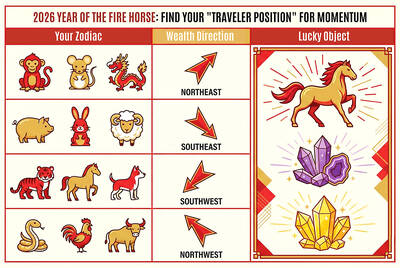The first thing that needs to be noted about Tanhou is that it is far more than just a restaurant. In fact, people passing by are likely to mistake it for a posh or gourmet supermarket. The large establishment consists of a bakery, a dry goods market, a frozen meat and fish section, a shabu-shabu counter and a coffee, juice and snack counter on the ground floor. The area for formal dining is in the basement. What makes Tanhou stand out from other places that offer healthy and natural foods is that this location is the retail face of a huge natural and organic foods production enterprise that includes its own fishery, pig and chicken rearing operations, and organic farm.
“Natural” and “organic” are words that are bandied about rather willy-nilly in this health-conscious age, and CEO Liu Tien-ho (劉天和) is careful not to make excessive claims for the food he sells. The fish and meat are “natural,” reared without the aid of growth hormones and antibiotics. It is only the vegetables that are strictly “organic.” The restaurant serves food prepared exclusively from Tanhou’s agricultural operation and affiliated farms, and as Tanhou has, until recently, primarily been involved in export, its products conform to a slew of international certifications including HACCP, one of the most stringent food safety assurance standards. Even the herbs used in the cooking are grown on Tanhou farms.
The restaurant, which had its soft opening last week, offers set menus (NT$480 to NT$880) designed to show off the quality of the foods on sale upstairs. Currently the menu favors very simple preparations. A salad of nuts and raw vegetables with an almost invisible vinaigrette impressed with the sweetness of the individual elements — the slices of red onion were so flavorful they could have been enjoyed unaccompanied. A portion of sashimi hit home with the delicacy of its flavors and the use of freshly ground wasabi. The oysters in a mixed appetizer were the most succulent local oysters that I have tasted in Taiwan, though the addition of a richly flavored sauce was an unfortunate distraction. While part of Tanhou’s appeal must certainly lie in the guarantee it offers regarding all of its ingredients, the food itself is competently prepared and staff is helpful in explaining each dish as it arrives. A good range of French and Californian wines is also available. And for those in a hurry, there is a selection of lunch boxes including pork and egg fried rice (海藻豬油蛋炒飯便當, NT$80) and steamed fish (鮮物魚片便當, NT$150). Vegetarian menus are also available.
The bakery upstairs is a must-visit for anyone interested in good bread, with some of the best white bread on offer in the city, as well as excellent brioches, baguettes and a selection of fancy breads. This is proper Western-style bread, sold at reasonable prices, with no fluffy pork in sight. The dry goods area features both local and imported organic goods, ranging from fruit preserves, condiments and rice to environmentally friendly household cleaning products.

The Bulletin of the Atomic Scientists moving the Doomsday Clock to 85 seconds before midnight last month symbolized the closest humanity has ever been to global catastrophe In this context, the legislature remains gridlocked over the general budget, mirroring tensions simmering across the globe. According to local soothsayers, this “extreme speed and violent conflict” is no coincidence as the Year of the Horse is the year of bingwu (丙午), the rare “Fire Horse Year” (火馬年) that occurs once every 60 years, a configuration carrying an energy that shapes everything from personal fortunes to international crises. “For some people, it can be a

Feb. 16 to Feb. 22 Pai Ko’s (白克) film career appeared poised to reach new heights in 1962 with the completion of the highly-anticipated, star-studded Romance of Longshan Temple (龍山寺之戀). Despite being mainly in Hoklo (commonly known as Taiwanese), the film promoted harmony between those born in China and Taiwan, aligning with the official cultural policy at the time. However, he soon disappeared. Colleagues found out he was arrested and accused of colluding with communists. It was not his first run-in with the ruling Chinese Nationalist Party (KMT). As a university student in China, he joined the anti-Japanese Anti-Imperialism League and